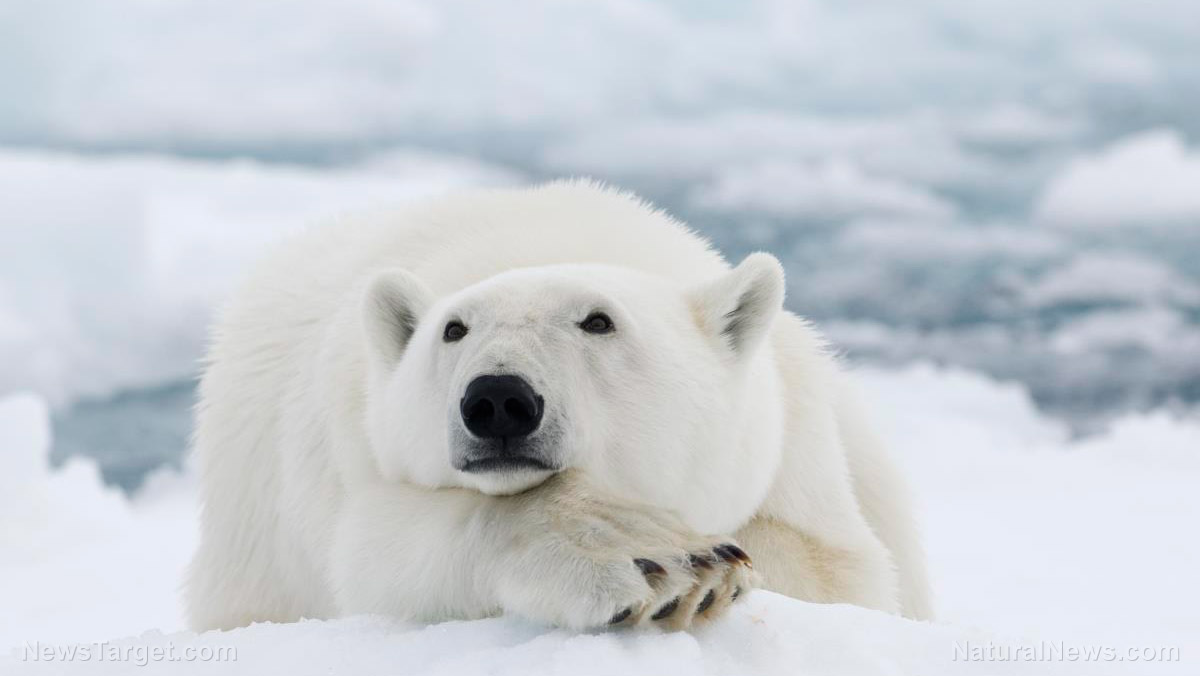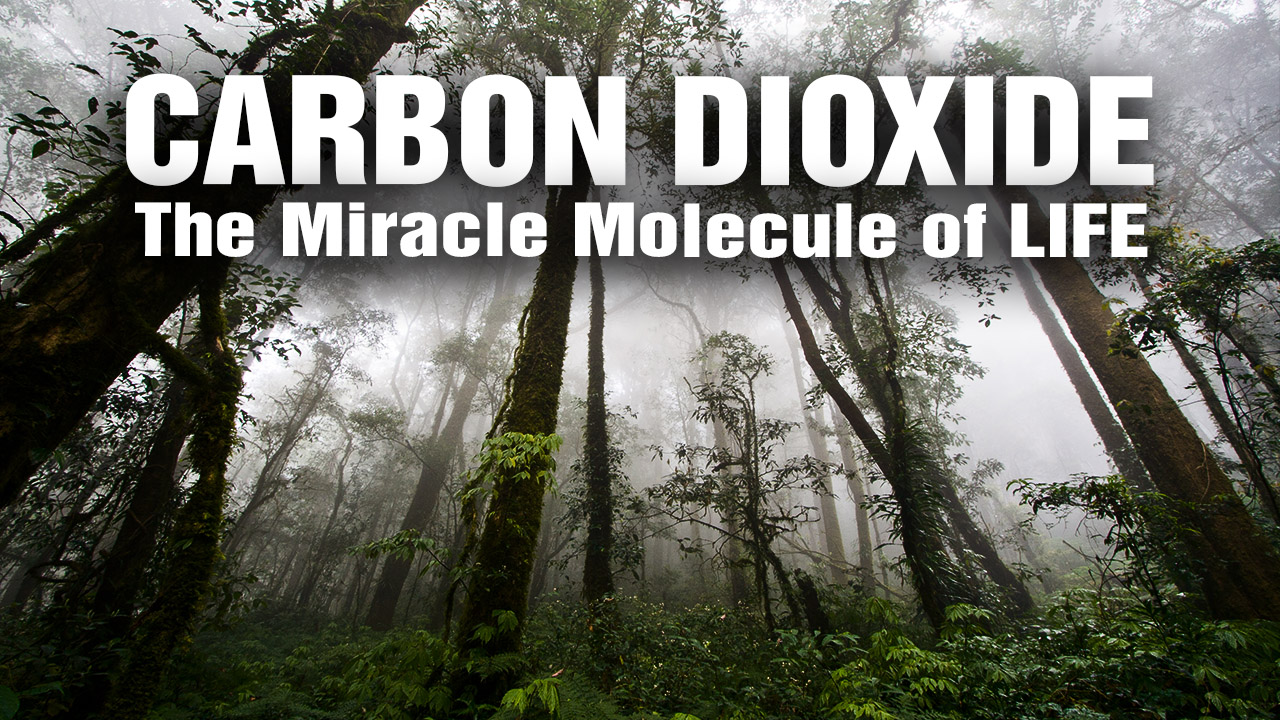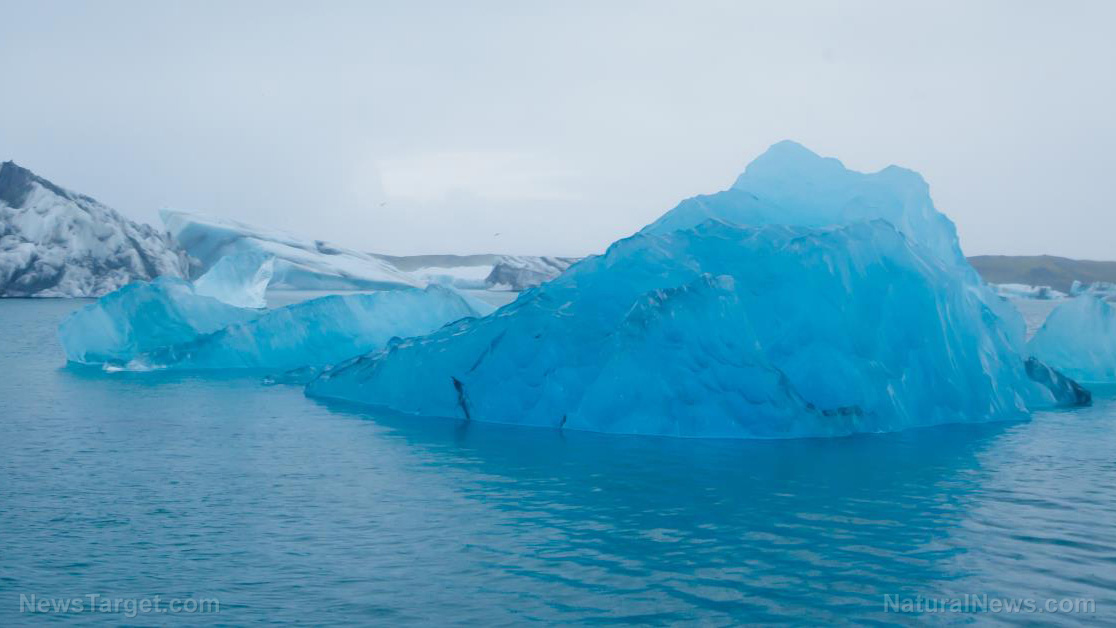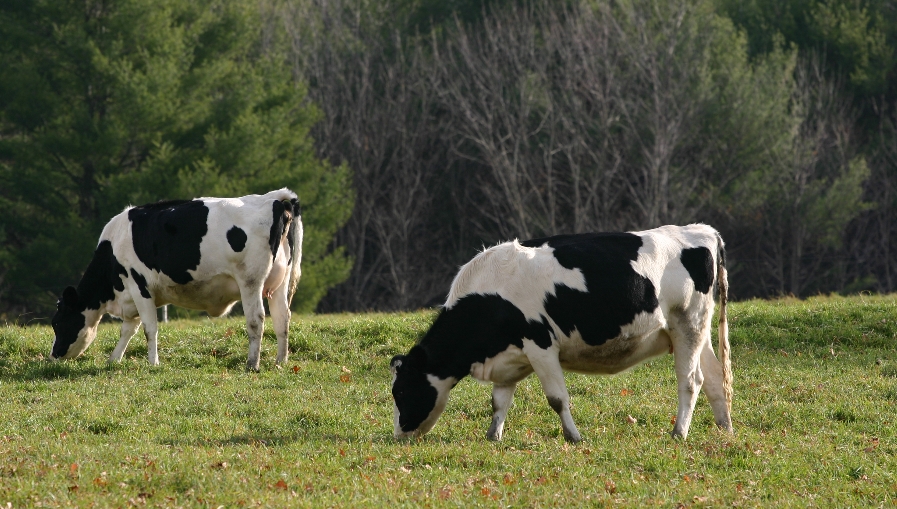UK report recommends a 50% REDUCTION in emissions by 2030 – green tyranny incoming
06/30/2023 / By Laura Harris
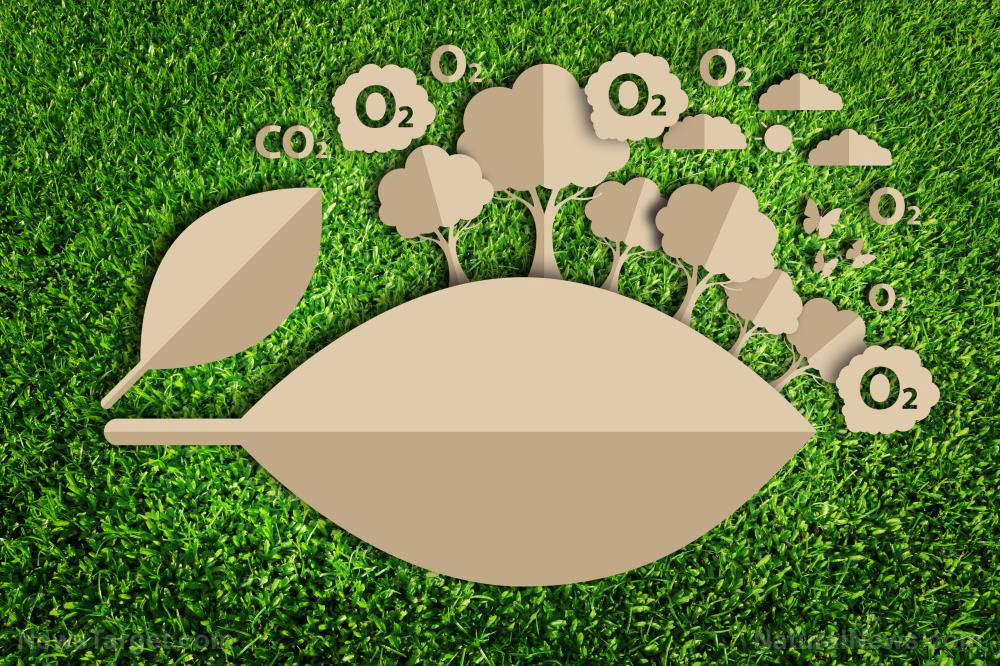
A report from the United Kingdom has recommended a 50 percent reduction in consumption-based greenhouse gas emissions by the year 2030.
The report titled “The Future of Urban Consumption in a 1.5 C World” put forward this recommendation. It was first published in 2019 and re-emphasized four years later. The C40 Cities Climate Leadership Group, the Arup Group and the University of Leeds were the ones responsible for this paper.
The report highlighted the urgency of reducing what it calls “consumption-based emissions,” stressing that these must be slashed by at least 50 percent by 2030. It identified food, construction, clothing, vehicles, aviation and electronics as key sectors that require rapid action. To achieve this objective, it outlined limitations on meat and dairy consumption, clothing purchases, and air travel.
A separate study conducted by the three entities zoomed in on how food consumption in the C40 group of cities is also a significant driver of climate change. The said study titled “Addressing Food-Related Consumption-Based Emissions in C40 Cities” was presented at the EAT Forum in the Swedish capital Stockholm.
The study presented at Stockholm claimed that in 2017, food represented 13 percent of the total consumption-based emissions in the world’s largest cities. It warned that this could rise by 38 percent by 2050 if no action is done. (Related: Switching to a vegetarian diet can increase longevity by 20 percent and help reduce greenhouse gas emissions.)
Moreover, it also highlighted the excessive dairy consumption in Europe as “more than double the recommended healthy and sustainable levels.” North Americans were not spared, as the report decried their consumption of 600 calories about the recommended intake. C40 Executive Director Mark Watts ultimately remarked that reducing meat and dairy consumption, alongside other steps, can create a “sustainable future”.
Imposing this climate target on people is undemocratic
Writing for the Daily Expose, Rhoda Wilson outlined that the various climate goals – which are set to begin in countries with consumption levels deemed high – are considered challenging and potentially confronting for many. These include limiting the consumption of meat and dairy products, allowing only three items of new clothing annually and restricting air travel to once every three years.
Other ambitious targets outlined by the “Future of Urban Consumption” report called for the use of highly flammable timber for 90 percent of residential and 70 percent of commercial buildings by 2030. It also called for the abolition of private vehicle ownership by the same year.
“Their ‘ambitions,’ which require no further comment, … are being made and agreed upon outside the democratic process and in a classic dictatorial manner under false pretenses,” she wrote. Wilson also blasted the individuals behind the study who, she believes, “feel they can autocratically override fundamental freedoms and remove inalienable rights while destroying [people’s] well-being, livelihoods, economies and societies.”
The writer ultimately called for a immediate stop and permanent shutdown to C40 and Arup’s activities. “Any person who collaborated in devising, considering or implementing these climate targets “should be questioned, investigated and brought to account,” she added.
Visit GreenTyranny.news for more about emissions reduction targets being imposed on the people.
Watch this video about New York City tracking food purchases and imposing caps on red meat in a bid to reduce emissions.
This video is from the High Hopes channel on Brighteon.com.
More related stories:
California cities are rejecting coal-fired power as greenhouse gas emissions law draws near.
Biden’s Inflation Reduction Act imposes fee on greenhouse gas emissions.
EPA proposes emissions controls on existing power plants.
Sources include:
Submit a correction >>
Tagged Under:
Arup Group, C40 Cities, climate change, climate cult, climate science, consumption-based emissions, emissions reduction, green tyranny, insanity, propaganda, research, science clowns, science deception, science fraud, science tyranny, United Kingdom
This article may contain statements that reflect the opinion of the author
RECENT NEWS & ARTICLES
COPYRIGHT © 2017 CLIMATE SCIENCE NEWS


